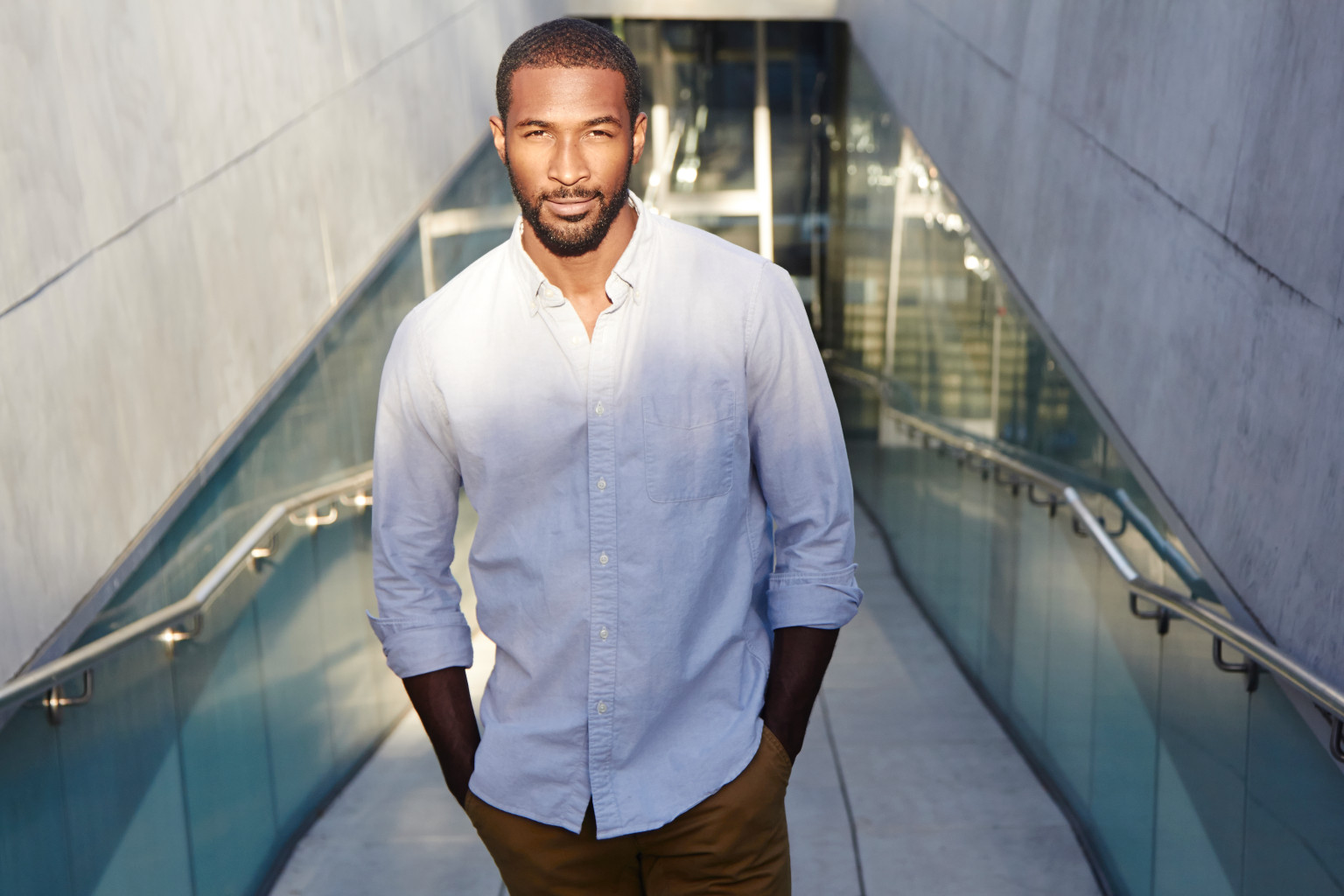Allowing oneself to be vulnerable is one of those necessary, yet cautionary, attributes in achieving healthy relationships with the right people. Being open and honest with oneself, one’s weaknesses, and how this brings forth the realm of honesty. Going back to Merriam-Webster’s definition of vulnerable, we are, again, presented with two meanings: 1.) capable of being physically or emotionally wounded. 2.) open to attack or damage-assailable vulnerable to criticism. It means that we now are given a choice in our decision for spiritual and emotional intimacy. What we share and who we choose to share it with. Our deepest desires. Our most pressing secrets. It is all part of the therapy of being vulnerable. Once we have taken that decision to do so, we are forced into a world of absolute freedom and liberation. No secrets. No lies. No “digging up dirt,” for malicious intent or blackmail. When a person reveals themselves, their most intimate details, they can not be controlled. Even when liars and manipulative Souls try to twist or reconstrue words that reveal one’s internal Being, that energy goes back to them. Leaving them to wallow in the energies, projected by the forkness in their tongues.
For one organization, being vulnerable is not only an action, but a necessity. So essential that it has come to be a theme for the entire workload and presentation. Encouraging, motivating, and supporting Black American men in their spiritual, mental, and emotional journey is part of, that work. Releasing old pains, trauma, and societal expectations are one of the primary strategies for healing. Then, again, it all begins with that. . .choice!
Through Can I Be Vulnerable? Docu-Series, founded by BJ Williams, Black American men, who make that initial step, in choosing to be vulnerable, are provided with support, and safe spaces, in doing so. Thrive Global was first introduced to this work on August 5, 2019, in an interview with BJ Williams. Entitled, “Mother, May I Be Vulnerable? “. . .”Yes, Son! You Can!” Black American His/Herstory 360. (See link, attached. https://community.thriveglobal.com/stories/mother-may-i-be-vulnerable-yes-son-you-can/) In the early phase of 2020, I catch up with BJ Williams to see how Can I Be Vulnerable? continues to push forward in the new year, and the interesting projects, and ideas, taking place!
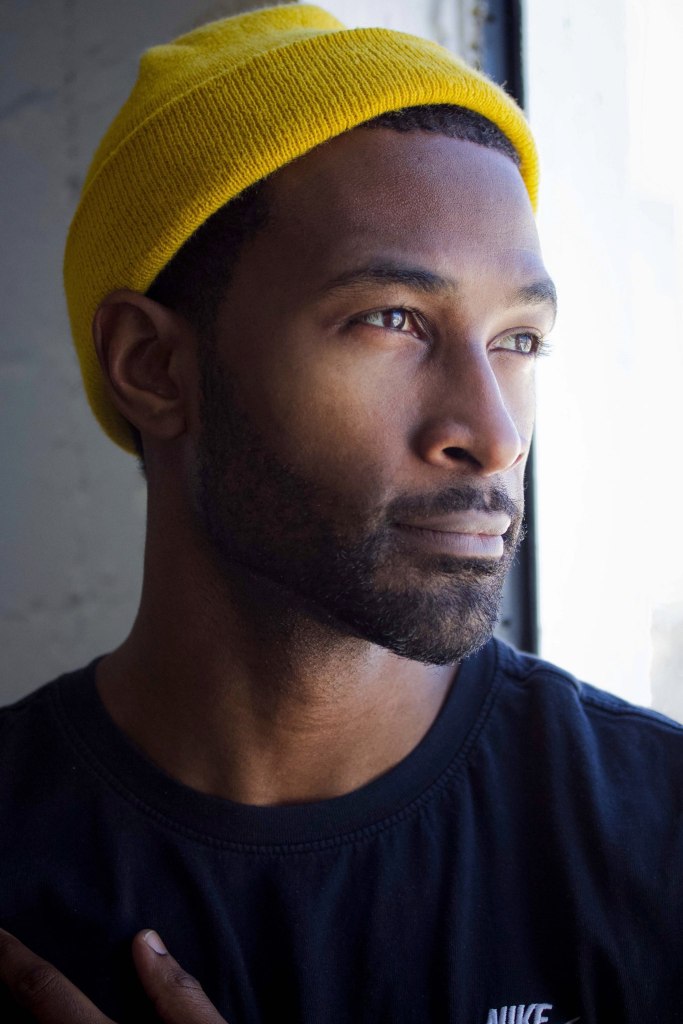
Lauren K. Clark: Since your last interview with Thrive Global, what has changed for “Can I Be Vulnerable?”
BJ Williams: More like how has #CIBV evolved? We aren’t recording episodes much now-a-days, but if any black man wants to tell their story on our platform, please reach out and we’ll make it happen. We’ve gone from being a digital platform to applying our work in the real world, through our high school pilot program.
Lauren K. Clark: How have you experienced personal growth in your development of this project? What have you discovered about yourself?
BJ Williams: My personal growth has been on the business side of things. Learning how to turn something, that I saw as a personal project evolve and grow, into a full blown platform and business, has been quite telling.
Lauren K. Clark: In your observations and experiences in working with other Black American men, and their desire to open up about mental health issues, have you seen stories change? Are you hearing about more holistic experiences, concerning how Black American men are engaging in healthy practices, in order to enhance their mental well-being?
BJ Williams: I’m not sure about stories changing so much as their stories have moved to the next chapter, in the same book. They’re looking at different ways to incorporate wellness in their personal lives; be it traditional talk, therapy, hobbies, physical wellness, natural/organic medicinal, mentorship, etc.
“As mentioned, we have a high school program being piloted at Jefferson High, In South Central, L.A., educating students on their mental and emotional health. . .”
Lauren K. Clark: One of the basic foundations of mental instability for men of a particular culture, is the disharmony occuring within their communities. Much of it pertains to destabilizations in the family structure, and the “invisibility” of feminine energy of that particular culture. Through the work that you are doing with other Black American men, do you find that it is also contributing to healing romantic relationships and intimacy between Black American men and Black American women?
BJ Williams: Yes, the amount of women I’ve come in contact with, with tears in their eyes of gratefulness, that their family, friends, mates, or ex-mates (Yes, ex-girlfriends are very happy their ex-boyfriends are on a mental wellness journey). Based on the episodes they’ve shown the men in their lives.
Lauren K. Clark: What are some of the latest initiatives happening with “Can I Be Vulnerable?” What exciting things can we expect to see?
BJ Williams: As mentioned we have a high school program being piloted at Jefferson High, in South Central L.A., educating students on their mental and emotional health. Also, exercising their communication skills, by helping them become active listeners. If all goes well, we’ll spread to other schools, counties, and states.
Lauren K. CLark: Is there the possibility that “Can I Be Vulnerable?” will start to create its own retreats and wellness centers, which specifically caters to empowering the mental health of Black American boys and men?
BJ Williams: Maybe, if the winds carry us in that direction one day. Sure. Why not? That’s a ways away for now.
Lauren K. Clark: If we are to fastforward your vision, 5 years from now, where do you see “Can I Be Vulnerable?”
BJ Williams: As a class EVERY student must take, at some point or even multiple points, throughout their school career.
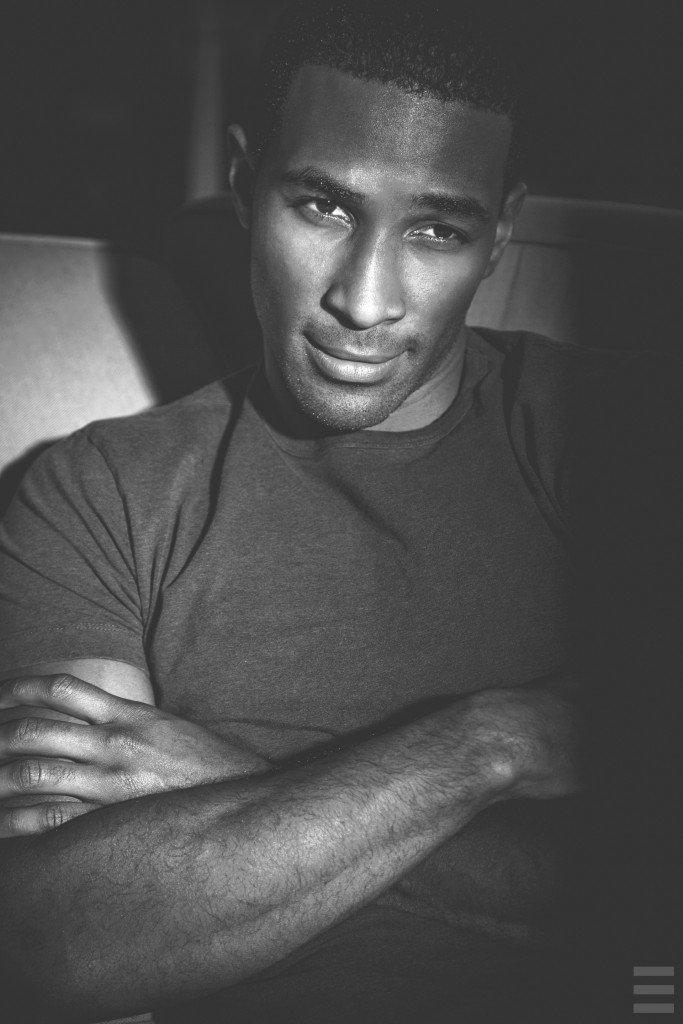
Lauren K. Clark: Let’s go into the world of imagination. Pretend that you are looking at a blank canvas. It needs colors, shapes, designs, and pictures. What painting would you create to highlight the phenomenon of “Can I Be Vulnerable?” and your role in it?
BJ Williams: Close up, it’d be pictures of black boys to men, as you pull back, the pictures would form “CAN I BE VULNERABLE.”
Lauren K. Clark: What are 3 colors that you would connect with “Can I Be Vulnerable?” What is your reason for your selection?
BJWilliams: Give me 3 shades of brown. A small selection of melanin to represent us.
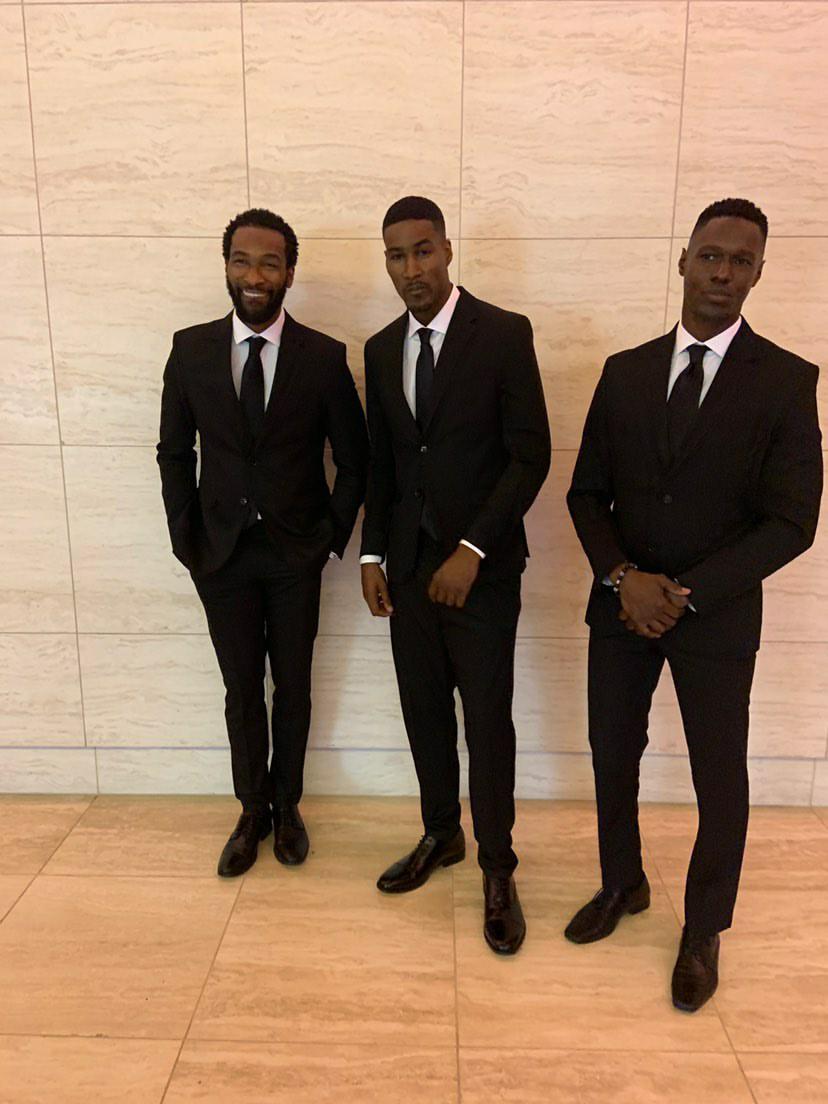
Lauren K. Clark: Give us a glimpse into your last television appearance and your interview on behalf of “Can I Be Vulnerable?” What was that experience like? Do you feel that talking about “Can I Be Vulnerable?” is a form of mental therapy, in itself?
BJ Williams: Like 2 weeks ago, although #CIBV wasn’t the focal point, it came up a few times within the context of the interview/convo. Talking about #CIBV doesn’t do much for it. Its more about informing the public about who we are, and what we do.
Lauren K. Clark: Engaging in the mental health dynamic, concerning Black America, can be very heavy. What are holistic things that you engage in to heal your mind, body, and Spirit?
BJ Williams: Holistic? I haven’t gotten much into the holistic aspect, just yet. I do travel a lot to get away. That’s as holistic as it gets for me right now.
Lauren K. Clark: In your personal life, if you could describe the term “healing,”what would that look like?
BJ Williams: Being ok with my past selves, past mistakes, and using those experiences to help my future, better.
Lauren K. Clark: You return home from work. Belongings lay down on the table. Relaxing on the couch, another work day has ended. What’s your own mental health remedy?
BJ Williams: Food and sleep.

One of the pleasures of being able to observe and experience this new wave of mental health in Black America, is viewing the healing of. . . our men. Black American men. Witnessing the psychological and emotional chains of slavery’s past, traumatic experiences being wept away, spoken away, comforted away, is a therapy in its own right. Coming into terms with common perceptions of Black American men, as “strong, masculine bucks,” who can be used, or exploited, for the pleasures and performance of other cultures and nations, is not only inhumane, but Soul-less. It shatters prominent conceptions of them as criminals, hypermasculine aggressives-who are somehow “immune” from pain.
The phenomenon of Can I Be Vulnerable? is that it allows Black American men, to do exactly that. . .be vulnerable. An emotional revolution for the wellness movement happening in Black America. For their willingness to be vulnerable is also a healing mechanism for Black American women and children. It means that there is a centering taking place. A desire for Black American men and women to return to the past, in order to fix the present. It means that there is a collective recognition happening, in having missed more than one step. Certain traumatic disorders, from our enslavement in the United States of America, were never addressed. Unhealthy behaviors were passed down, from generation to generation. Unknown to our subconscious. Because we as a people carried on, we were unaware as to how our her/historical stories of PTSD translated into any emotional disconnections of intimacy between Black American men and women. Nevertheless, we left our mark, and now we can go back, and re-track. Study those footprints a little bit more, and locate the fitting shoes.
With movements, social, and digital platforms as Can We Be Vulnerable? Black America is healing her/himself. A miracle that very few people believed would ever happen. Nevertheless, it is happening. This does not discredit those unknown and countless efforts made by our foremothers and forefathers to heal. However, this is different. This current era, and generational change is. . .different. Why? Because it is going to get at the very root of any dysfunction and emotional barriers in Black America’s gardens. Bringing them to social complexities of the present. Which again means that egos will be shattered, and a reckoning will, begin. Furthermore, there will be an understanding coming from both sides. Black American men will also open up, and be more empathetic to the pains and susceptibilities of Black American women. And, because of this, there will be a softening in Black America’s gardens, where Black American men, and the little boys who follow, can lay down their vulnerabilities, and comfortably. . .be.
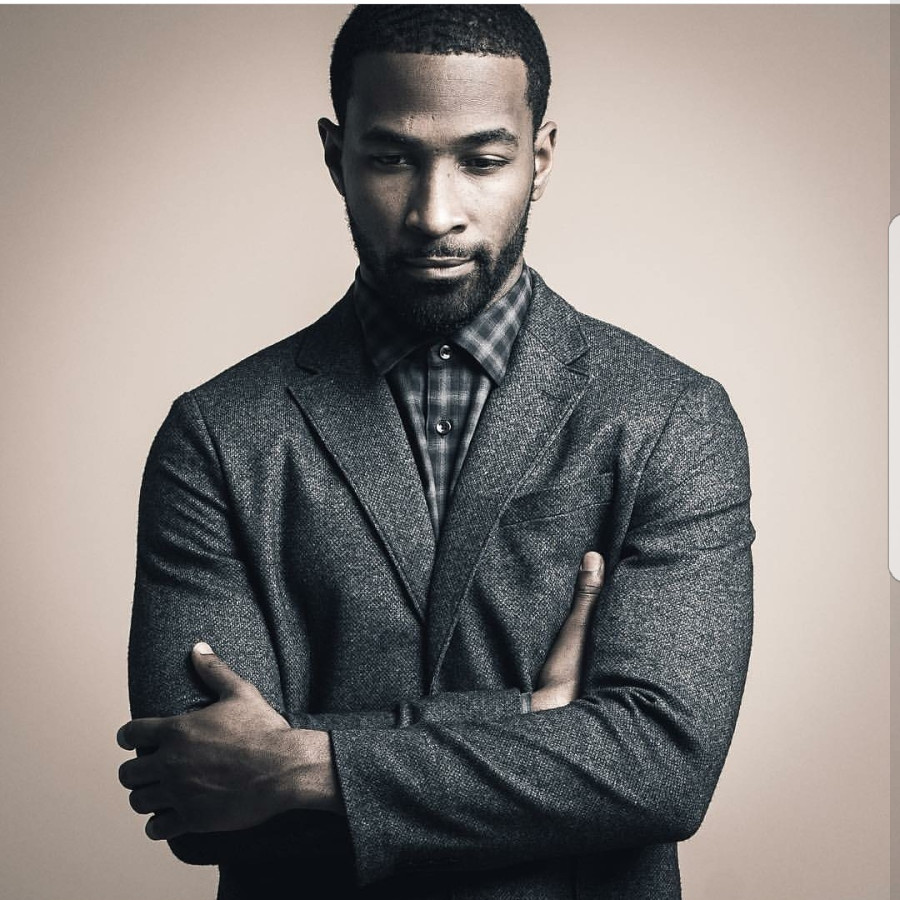
“Give me three shades of brown. A small selection of melanin to represent us.”-BJ Williams
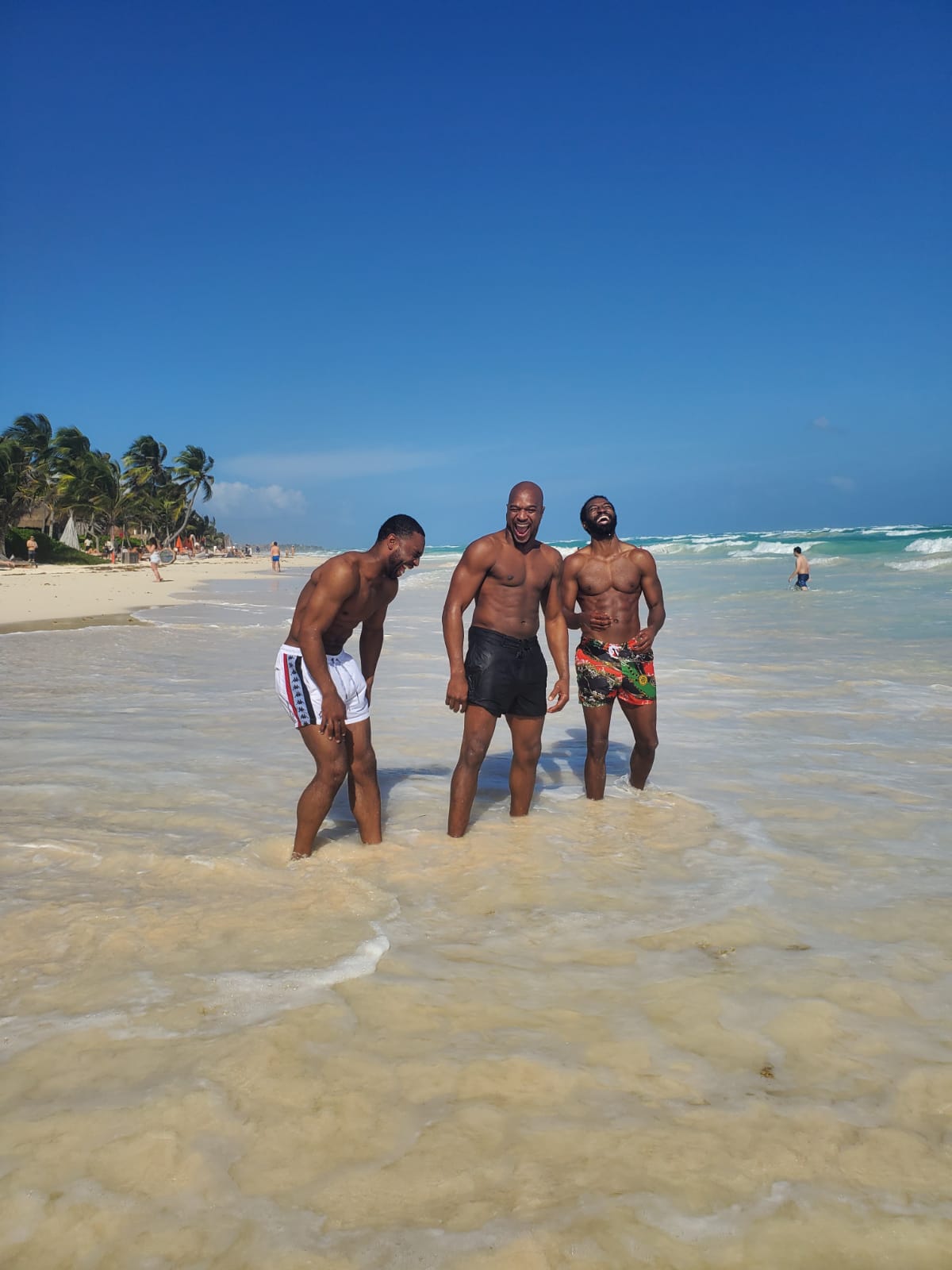
For more information on CIBV, you can go to the following link: https://www.cibv.net/ You can follow #CIBV, and the work of BJ Williams, on Twitter: @BJ_Williams or @CIBVulnerable


